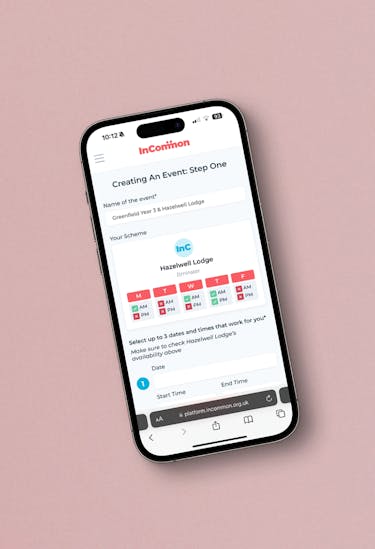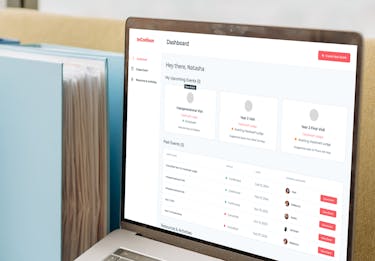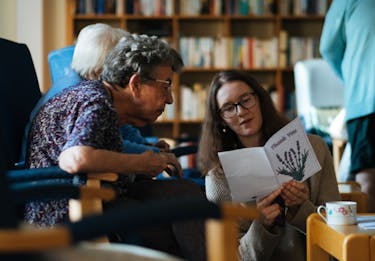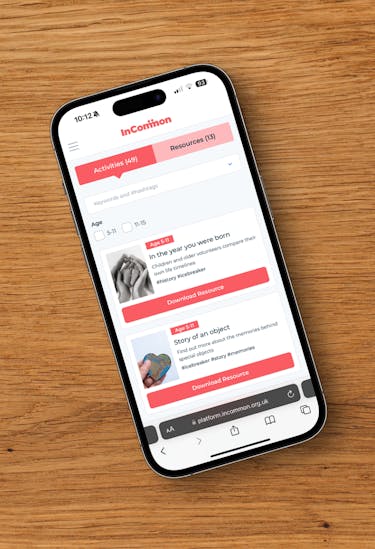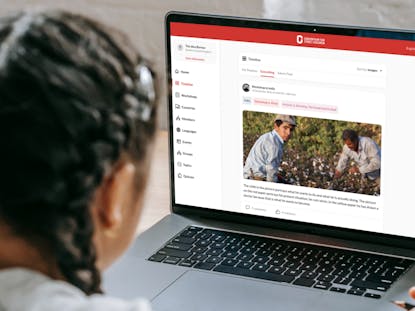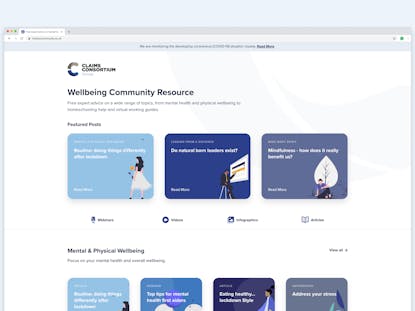The Problem
When InCommon approached us, they were facilitating the sessions manually via email and third-party apps, such as AirTable. To streamline this process, the team wanted to create a digital platform to allow the schools and housing schemes they’d built a relationship with to connect with each other. The platform they requested would enable both groups to plan in dates and times for the activity sessions to take place; they also felt it was especially important to put this in place as they continued to widen their collaboration with new schools and schemes.
There were a number of features they wanted the digital platform to facilitate – these included:
- Allowing schools and schemes to create events with each other
- Gathering data and reporting on the programme usage
- Assisting the team in onboarding new schools and connecting them with existing schemes
- Promoting the activities that InCommon create for intergenerational visits
- Safeguarding participants and their data
“We’ve been working with The Idea Bureau since March 2022 on a project funded by UKRI to help us connect more children and older people across the UK. The platform has transformed our ability to bring generations together. We can now support local schools and retirement homes across the UK to kickstart their own intergenerational projects.”


